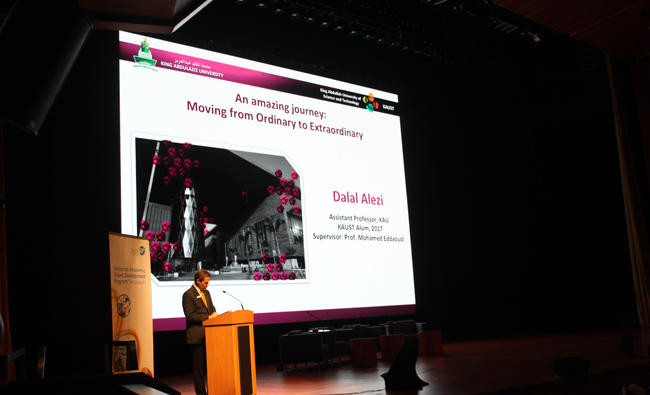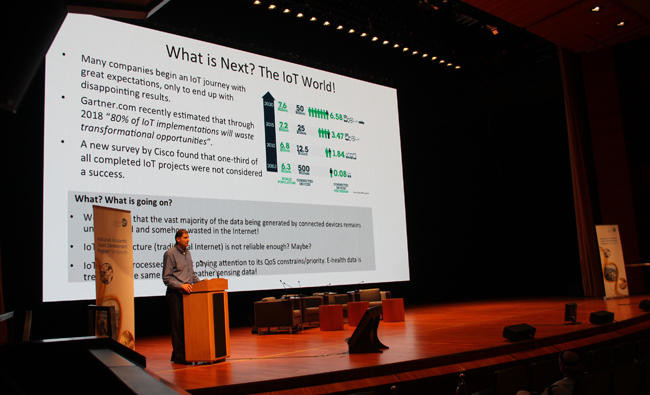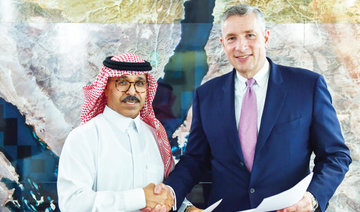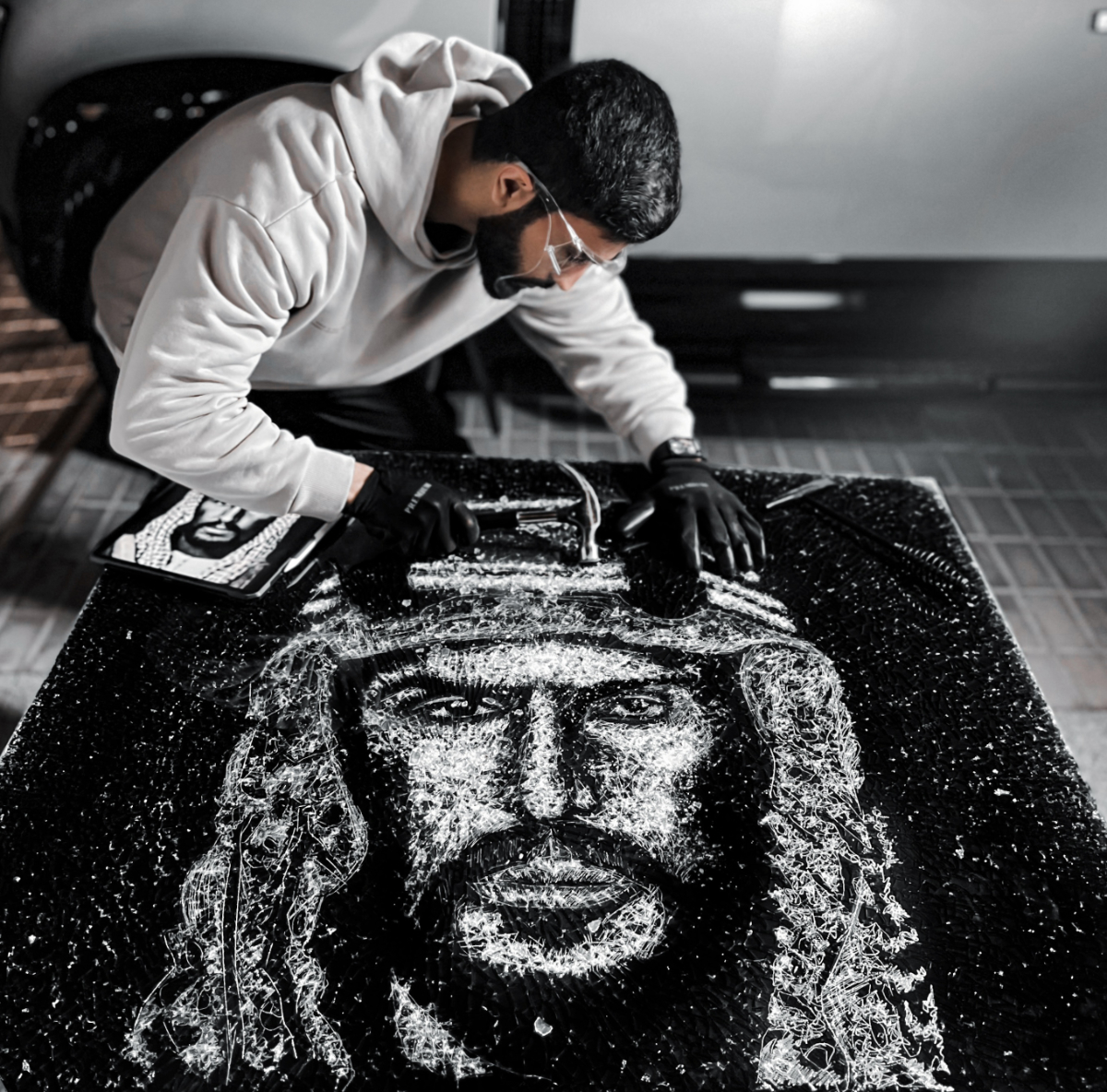JEDDAH: The National Academic Talent Development Program was held at the Museum and Conference Center at KAUST on Thursday.
NATDP is a national program where both young talents and graduates are selected by Saudi Affairs, the organization facilitates national development and collaboration in Saudi Arabia with a focus on creating and nurturing talent for KAUST and for the Kingdom.
The event at King Abdullah University of Science and Technology was attended by 22 universities from all over the Kingdom.
Stav Boutsis, enrollment and development specialist at Saudi Affairs, explained that the event was aimed at two different types of participants —
academic leaders, stakeholders and decision makers, deans and directors of scholarships and also lecturers who are looking to advance their studies.
She added: “They will receive a PhD hopefully at KAUST and then return to their home institution. They’ll become the future heads of departments, and eventually the vice-deans and the deans.”
The symposium brought science and technology enthusiasts together.
“It opened my eyes to a lot of things. For example, I’m looking to work at a Catalysis Center, and today I found someone who can contribute with me. It’s a good network, you will find like-minded people,” said Walaa Alharbi, a lecturer from the chemistry department at King Khalid University, in the south-west of the country.
KAUST’s research centers presented their work at the symposium.
Nigel Metge, AMPM Center Manager told Arab News: “It’s part of the mission of KAUST to make a contribution to the Kingdom of Saudi Arabia, and not just through education of the next generations of graduates that go into industry and government, but actually by engaging with all the Saudi universities, and particularly industry.
“We want to make a difference, right? We want businesses to make money and create jobs, we want KAUST to be fully integrated to the Kingdom and making a difference.
“What we are doing here is showcasing all our research centers which are applied research, the centers here are showcasing some of the capability and facilities of KAUST to encourage collaboration.”
Later on, KAUST members gave speeches in the auditorium. Bassem Shihada, Associate Professor in Computer Science, gave a talk entitled “SciCafe: Sensor Initiative” where he discussed topics such as optimal sensor placement in an underwater environment and optimal event detection.
Dr. Dalal Alezi, Assistant Professor at KAU (the University of King Abdulaziz in Jeddah) and a KAUST alumni, talked about her success in a presentation called: “An amazing journey: Moving from Ordinary to Extraordinary”.
Alezi was one of five outstanding women working in science named in the Nature Index 2017 Saudi Arabia. She took part in the Saudi-US CEO Forum in 2017.
It was the late King Abdullah Al-Saud’s speech about the inauguration of KAUST that inspired her.
She spoke of being asked to write a summary of her research interest. She began by reading her professor Mohamed Eddaoudi’s research “Supermolecular Building Blocks for the Design and Synthesis of Highly Porous Metal-Organic Frameworks.”
“It seemed like a huge mountain to climb, but I did the best I could, and luckily I got accepted here and started my journey at KAUST,” she said.
Since beginning her PhD in 2012, she has been developing and designing materials called metal-organic frameworks.
She rounded off her presentation with the pledge: “It’s not over, it’s just the beginning.”































